When it comes to software quality and support for its devices, Samsung has improved significantly over the years. It has promised up to four years of operating system updates for its latest devices Android, which is better than Google's own update policy for its Pixel phones. However, this has also caused some confusion among smartphone users Galaxy.
One of these paradoxes is, for example, why Galaxy The S10 Lite will get an update to Android 13, but more expensive and more equipped models Galaxy S10e, Galaxy S10 to Galaxy The S10+ doesn't. But Samsung's update policy takes the system version into account Android, with which the phone is marketed, and not its price or hardware capabilities.
For example, models Galaxy S10e, Galaxy S10, Galaxy S10+ and Galaxy The S10 5G debuted in early 2019 with Androidem 9. Therefore, they will receive three operating system updates Android: Android 10 (One UI 2), Android 11 (One UI 3) a Android 12 (One UI 4). For comparison, Galaxy The S10 Lite was launched a year later (early 2020), already with Androidin 10.
You could be interested in
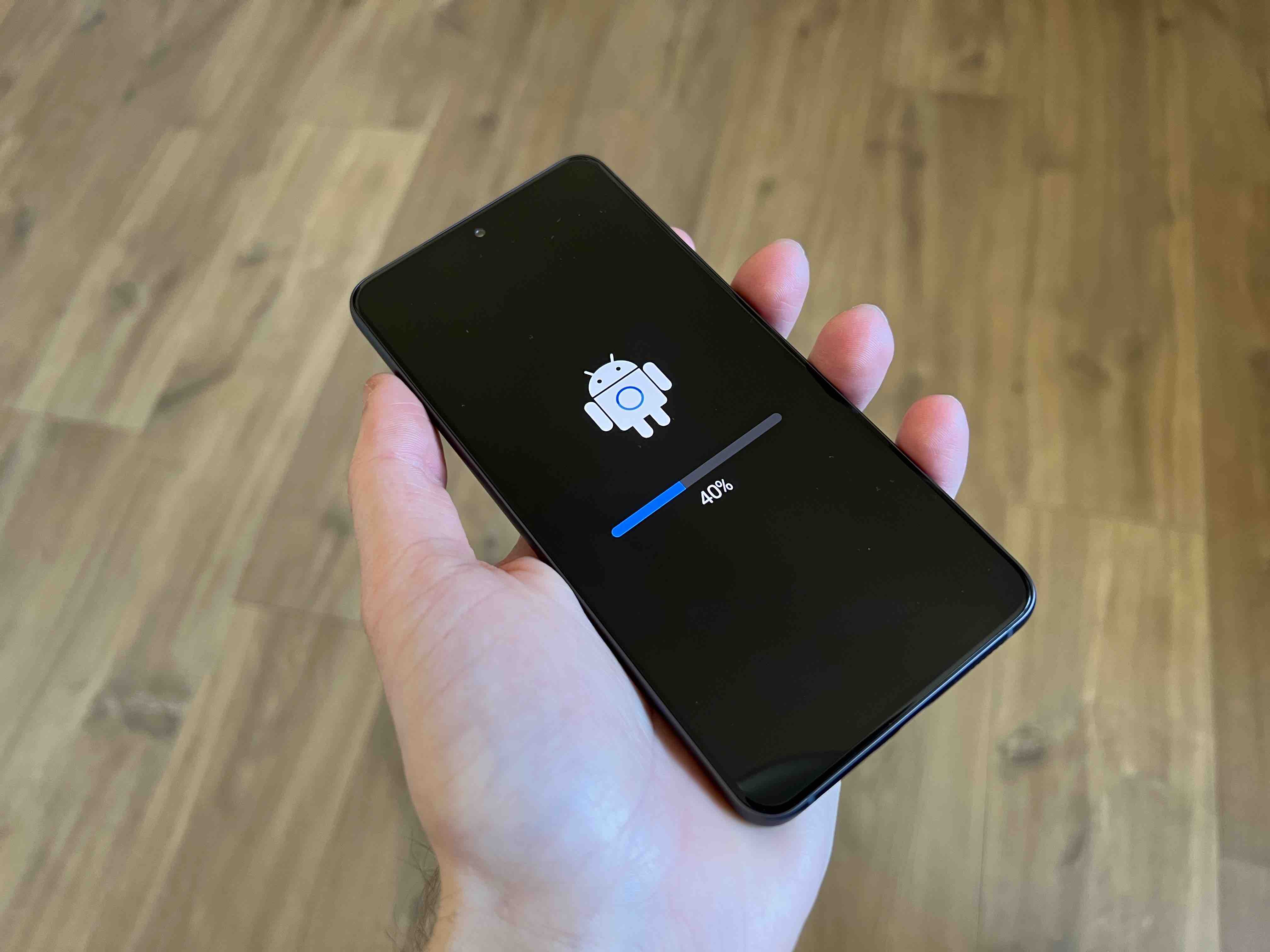
It too will receive three major operating system updates Android, but since it already offered a newer system at its launch, it will logically receive updates to Android 11, Android 12 to Android 13. Yes, it seems unfair that a cheaper phone (compared to other phones Galaxy S10) will be able to use newer Android 13 (and One UI 5.0), but it is what it is, and let's be happy that Samsung has already established a four-year support for system updates that will give our devices a year more life.
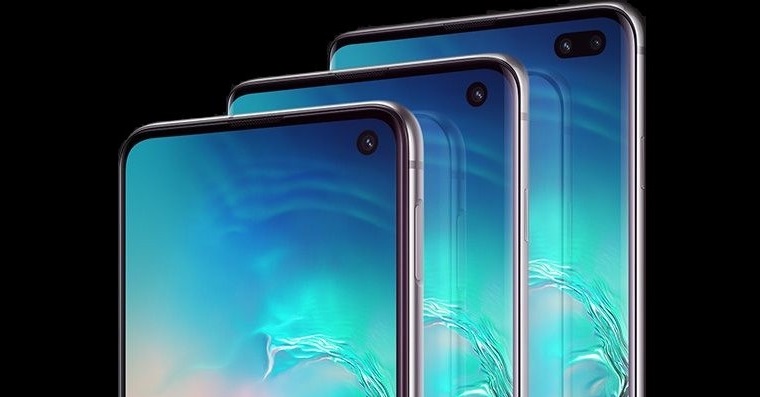
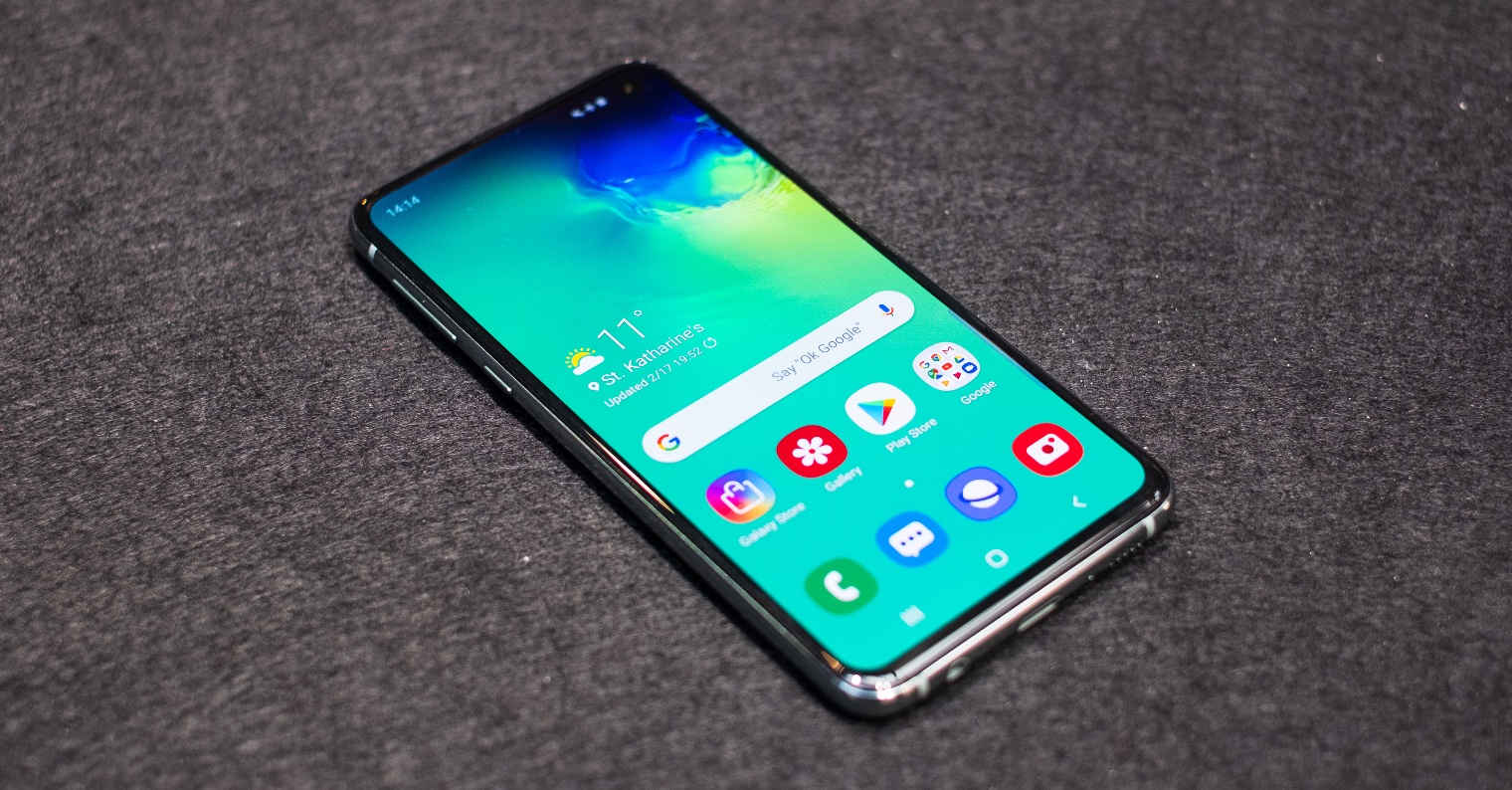
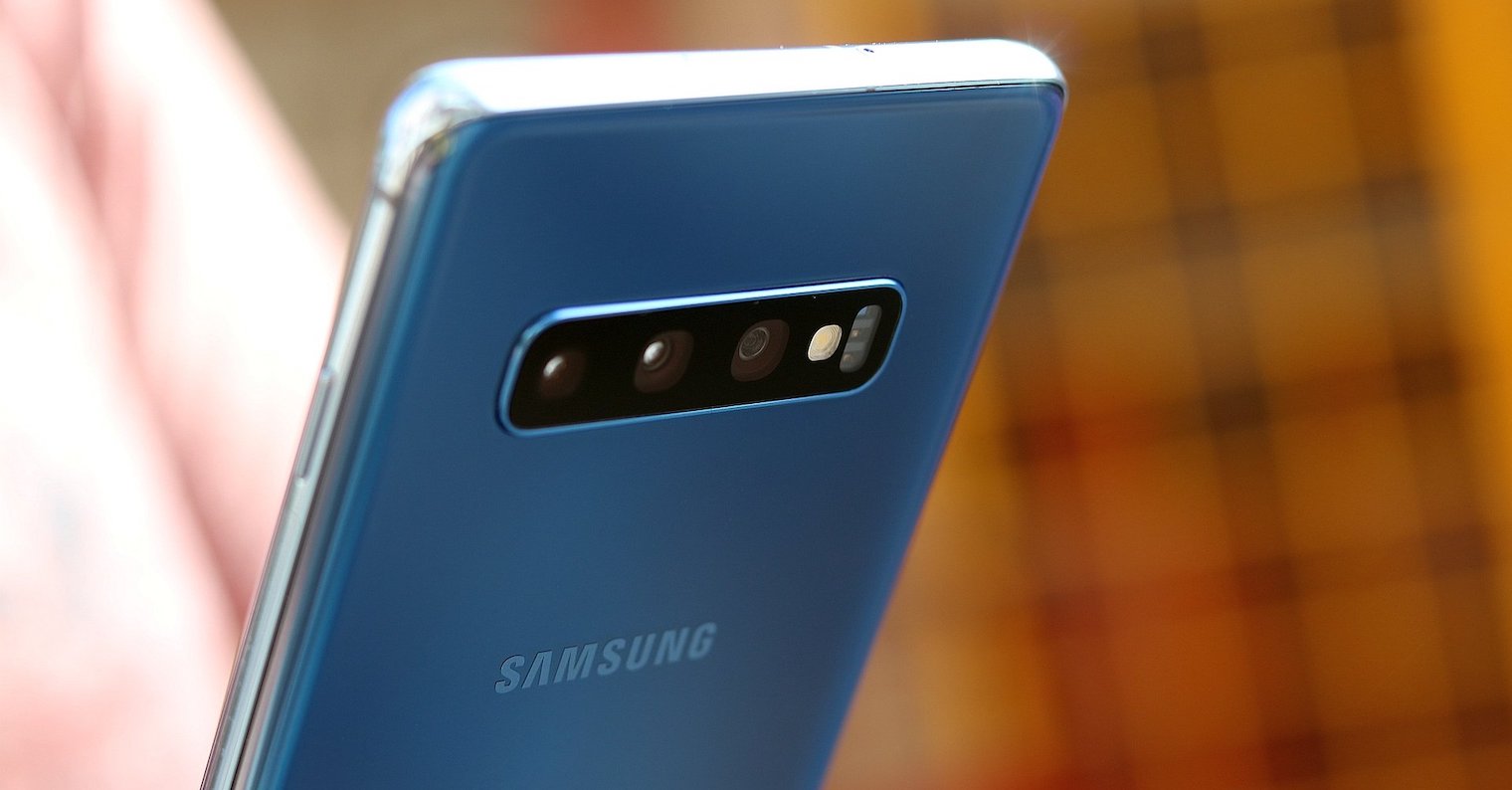
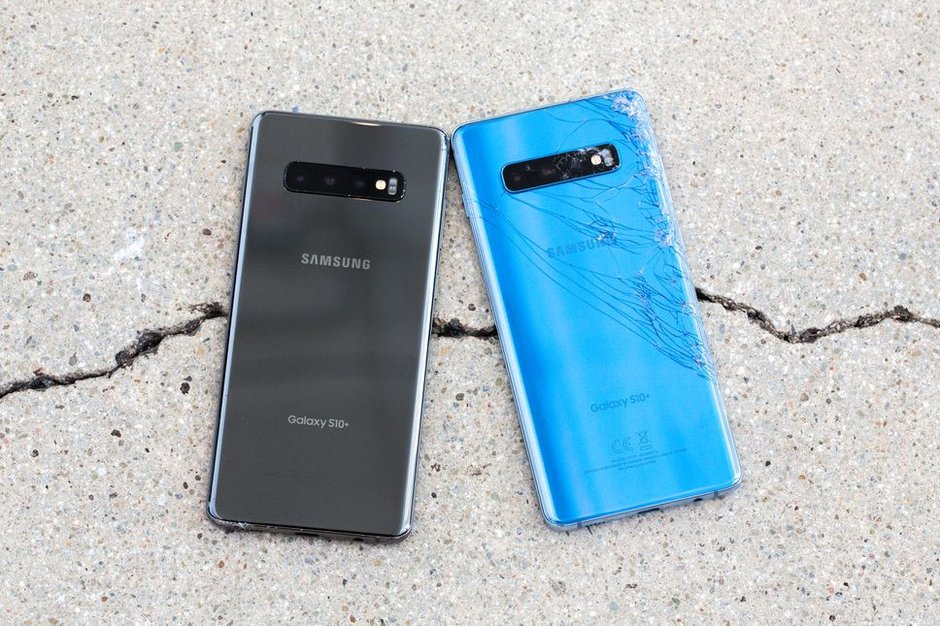

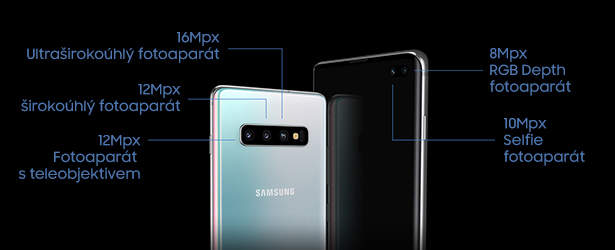
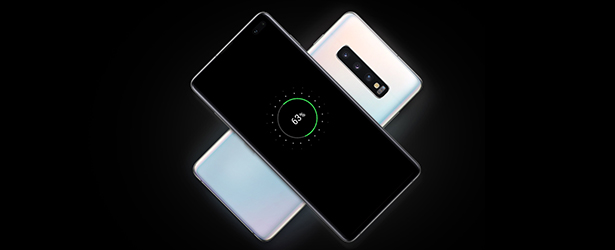

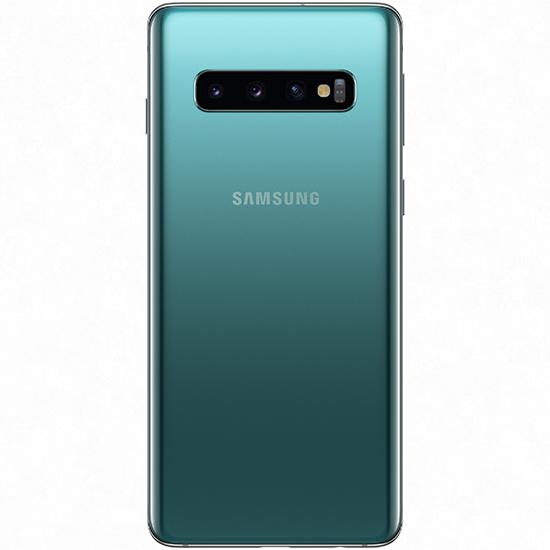


Simple. Don't buy Samsung.
Your opinion is not entirely correct in this respect. On the field Android phones, no one else offers such long support, not even Google itself.
You are absolutely right! Longer support on Android no one really has a market. It is generally better for smartphones Apple, but that one is not quite… available.
Otherwise, I think it will be the same with the S21 FE (but I have no idea).